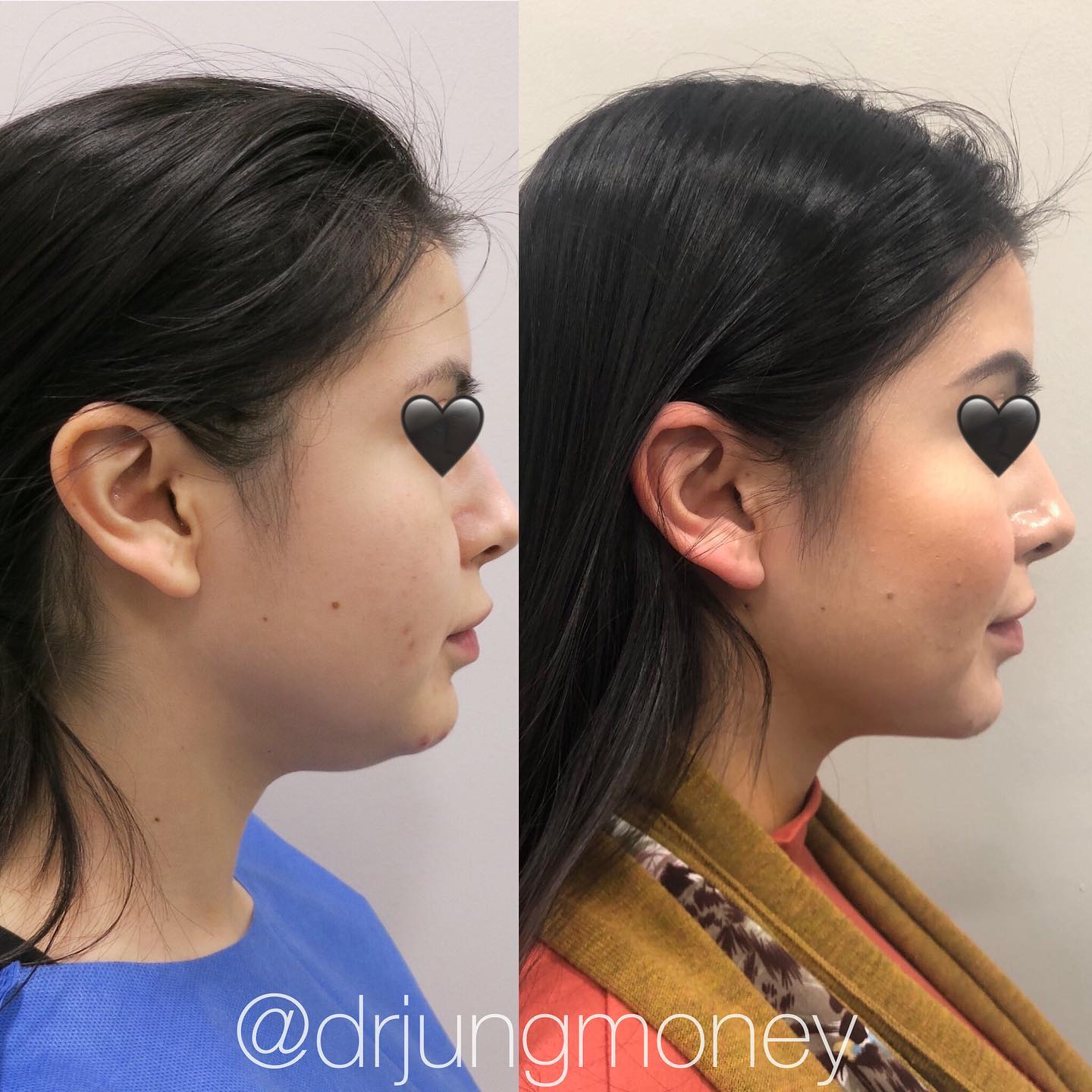Xanax is a commonly prescribed medication for anxiety and panic disorder. Its generic name, alprazolam also, is also used. Xanax is highly effective at alleviating symptoms in the short-term, but its effects can differ depending on the age group. Seniors in particular require extra care and attention when using Xanax because of factors like age-related changes in the body, possible interactions with other drugs, and the possibility of adverse effects. This article will examine the unique considerations of Xanax use in older adults. We will emphasize the importance of informed, cautious use.
Understanding Senior Anxiety
Anxiety can affect people of any age, even seniors. Anxiety disorders are one of the most common mental issues among older adults. People may experience anxiety as they age due to various factors, including health issues, financial concerns and social isolation. You should be able to identify the symptoms and signs of anxiety among seniors.
Worry or persistent fear about different aspects of life.
Physical symptoms such as restlessness, tension in the muscles, and fatigue.
Sleep disturbances include difficulty falling or staying asleep.
Irritability, or agitation.
Avoid situations or activities which trigger anxiety.
Xanax and Anxiety Management
Xanax belongs to the benzodiazepine family of drugs, which depresses the central nervous system. These drugs work by increasing the effects of GABA, a neurotransmitter that helps calm brain activity. Xanax’s fast-acting properties make it a popular choice for treating anxiety and panic attacks.
Xanax is effective in managing anxiety, particularly acute situations. However, it does not come without risk. Benzodiazepines such as Xanax can lead to dependence and addiction if used over an extended period. Xanax may also have more side effects on older adults due to changes in drug metabolism that occur with age and an increased sensitivity to medication.
Seniors and Xanax: Some considerations
When prescribing Xanax to older adults or considering its use, there are several important considerations that should be made.
Seniors may experience physiological changes that affect the way medications are processed. Alterations in liver and renal function due to age may cause Xanax’s metabolism and elimination to be slowed down. This could lead to a longer action time and a higher risk of side effects.
Interactions With Other Medications Many seniors take multiple medicines to treat different health conditions. Xanax can interact with prescription drugs and over-the counter products. These interactions may cause unwanted effects or decrease the effectiveness of medications. Before prescribing Xanax, healthcare providers should review the complete medication regimen of an older adult.
Cognitive Impairment – Xanax, and other benzodiazepines, can affect cognitive function. This is especially concerning for seniors. Memory problems, confusion and difficulty concentrating can all be symptoms of cognitive impairment. This will further affect the quality of life for an individual. These cognitive effects in seniors can be mistaken for signs of dementia and other cognitive disorders.
Fall Risk: Benzodiazepines such as Xanax may cause drowsiness and dizziness. They can also impair coordination. These side effects in older adults can increase their risk of falling, fractures and other injuries. This can have serious implications for their health and independent.
Tolerance and dependence: Long-term Xanax use can lead to tolerance. The medication becomes less effective with time, requiring higher doses in order to achieve the same anxiety relief. Xanax can also cause physical and psychological dependency, leading to withdrawal symptoms if you try to stop taking it.
Xanax is recommended for the short-term relief from anxiety symptoms. It is important to carefully evaluate the risks of prolonged use, especially in older adults, and consider alternative treatments or interventions.
Alternatives to Anxiety Treatment in Seniors
Healthcare providers are often looking for alternative methods to manage anxiety in older adults, given the risks and special considerations associated with Xanax. These may include:
Psychotherapy: Talk therapy in various forms, including cognitive-behavioral (CBT) or supportive counseling, is highly effective at reducing anxiety in seniors. These therapeutic interventions are aimed at identifying the root causes of anxiety, managing them and developing coping mechanisms.
Lifestyle Modifications – Encouraging seniors towards a healthy lifestyle will reduce anxiety. Regular exercise, a healthy diet, and enough sleep are all important for mental and emotional health.
Meditation, deep breathing, and progressive relaxation are all techniques that can help seniors relax and reduce stress. These techniques can be used to manage anxiety and stress symptoms.
Social Support: Having a solid social network that you can rely on to provide emotional support and reduce feelings of loneliness is important. Social activities and connections with family and friends can provide emotional relief.
Medication Review. Healthcare providers should review medications prescribed to senior patients and evaluate potential interactions and side-effects. It can be beneficial to reduce or eliminate medications that may increase anxiety.
Non-Benzodiazepine Medications: In some cases, non-benzodiazepine medications, such as selective serotonin reuptake inhibitors (SSRIs) or serotonin-norepinephrine reuptake inhibitors (SNRIs), may be considered as a safer alternative to Xanax for managing anxiety in seniors. These medications are less likely to cause dependence and have fewer cognitive side-effects.
Complementary and alternative Therapies: Many seniors find relief from anxiety by using complementary and alternate therapies such as acupuncture or herbal supplements. The healthcare provider must guide and monitor such methods.
Conclusion
Xanax is an effective short-term remedy for anxiety, which affects many seniors. Xanax should only be used with caution due to the special considerations of seniors. These include physiological changes, drug interactions, cognitive impairment and fall risk.
When working with seniors, healthcare providers should adopt a holistic approach to anxiety management. They should consider alternative treatments, lifestyle changes, and psychotherapy as primary strategies. If medication is necessary, it may be preferable to use non-benzodiazepine alternatives. Prioritizing the mental and emotional health of seniors is key, while minimising the side effects and risks associated with medication.
The goal is for seniors to have the best quality of life possible, with no anxiety and the highest possible level of cognitive and independence. An informed and thoughtful approach to managing anxiety in seniors can assist with this goal. This article will examine various lifestyle practices and changes that can be used to help people manage their anxiety.




